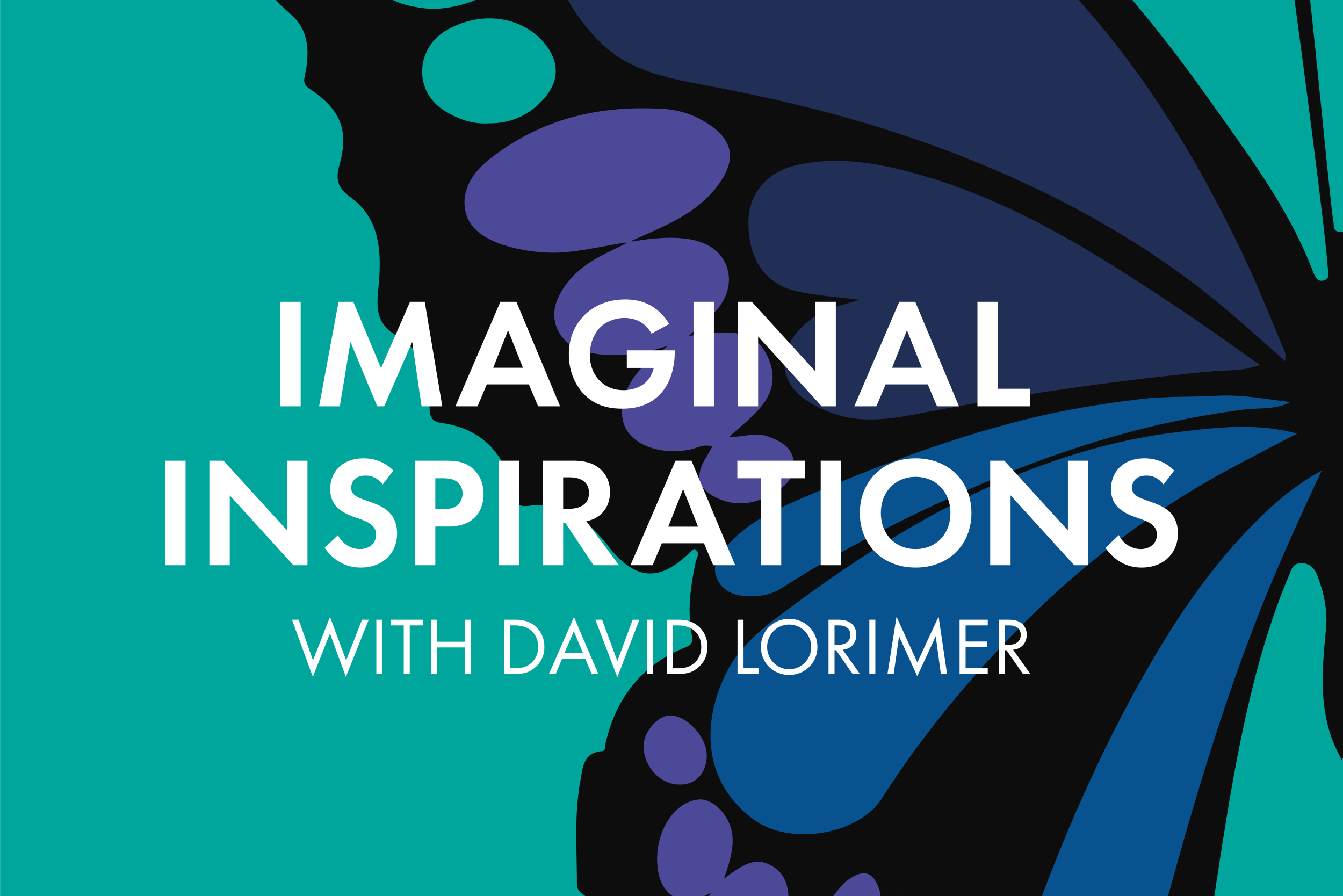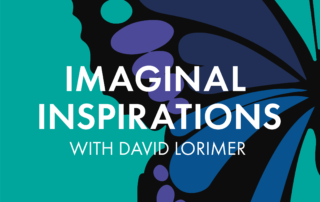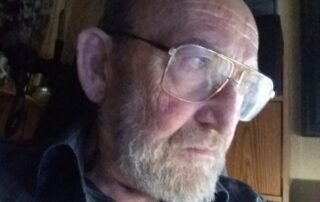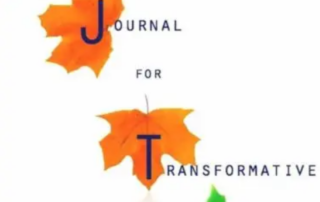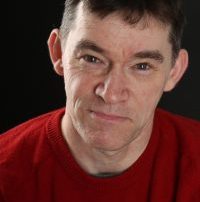
Expanding the Scope of Science
ORIGINS
David Lorimer introduces the Galileo Commission Report
REMIT
The Galileo Commission was founded in 2017 with a view to expanding the worldview of science beyond its limiting materialistic assumptions, which are seldom explicitly examined. A central and widely held assumption is that the brain generates consciousness and is therefore extinguished at death.
Following widespread consultation in 2018 with 90 advisers representing 30 universities worldwide, we have published the Galileo Commission Report, written by Prof Dr Harald Walach and entitled Beyond a Materialist Worldview – Towards an Expanded Science. The report has been widely endorsed as a groundbreaking document, so we encourage you to support our movement by joining the Galileo Commission either as a Professional Affiliate or a Friend. There is also a Summary Report and a Layman’s Report, and a brief summary of the argument is available in a number of languages. We encourage you to read and support Dr Athena Potari’s Call for a Renaissance of the Spirit in the Humanities and to read our edited book Spiritual Awakenings, which documents the transformative experiences of 57 scientists and academics.
A Call for a Renaissance of the Spirit in the Humanities
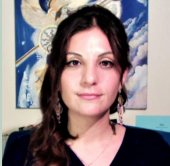 The “Call for a Renaissance of the Spirit in the Humanities”, written by Dr Athena D. Potari, is a pioneering project aiming to raise awareness regarding how the prevailing paradigm of materialism affects the ways in which knowledge is approached within the context of the Humanities. In line with the Galileo Report, which discusses the importance of liberating the positive sciences from the limitations of the paradigm of scientific materialism, this Call aims at making the case for the Humanities as well. The Call explores how recent developments in scientific studies on consciousness, and the ensuing understanding that consciousness is primary and unified, can inform our understanding of what it means to be “human” with correspondingly appropriate epistemologies, as well as how we approach key areas of human activity, including ethics, politics and the environment.
The “Call for a Renaissance of the Spirit in the Humanities”, written by Dr Athena D. Potari, is a pioneering project aiming to raise awareness regarding how the prevailing paradigm of materialism affects the ways in which knowledge is approached within the context of the Humanities. In line with the Galileo Report, which discusses the importance of liberating the positive sciences from the limitations of the paradigm of scientific materialism, this Call aims at making the case for the Humanities as well. The Call explores how recent developments in scientific studies on consciousness, and the ensuing understanding that consciousness is primary and unified, can inform our understanding of what it means to be “human” with correspondingly appropriate epistemologies, as well as how we approach key areas of human activity, including ethics, politics and the environment.What people say…
Featured book
Featured podcast
The Playful Universe – Marjorie Woollacott, David Lorimer and Gary Schwartz (Eds)
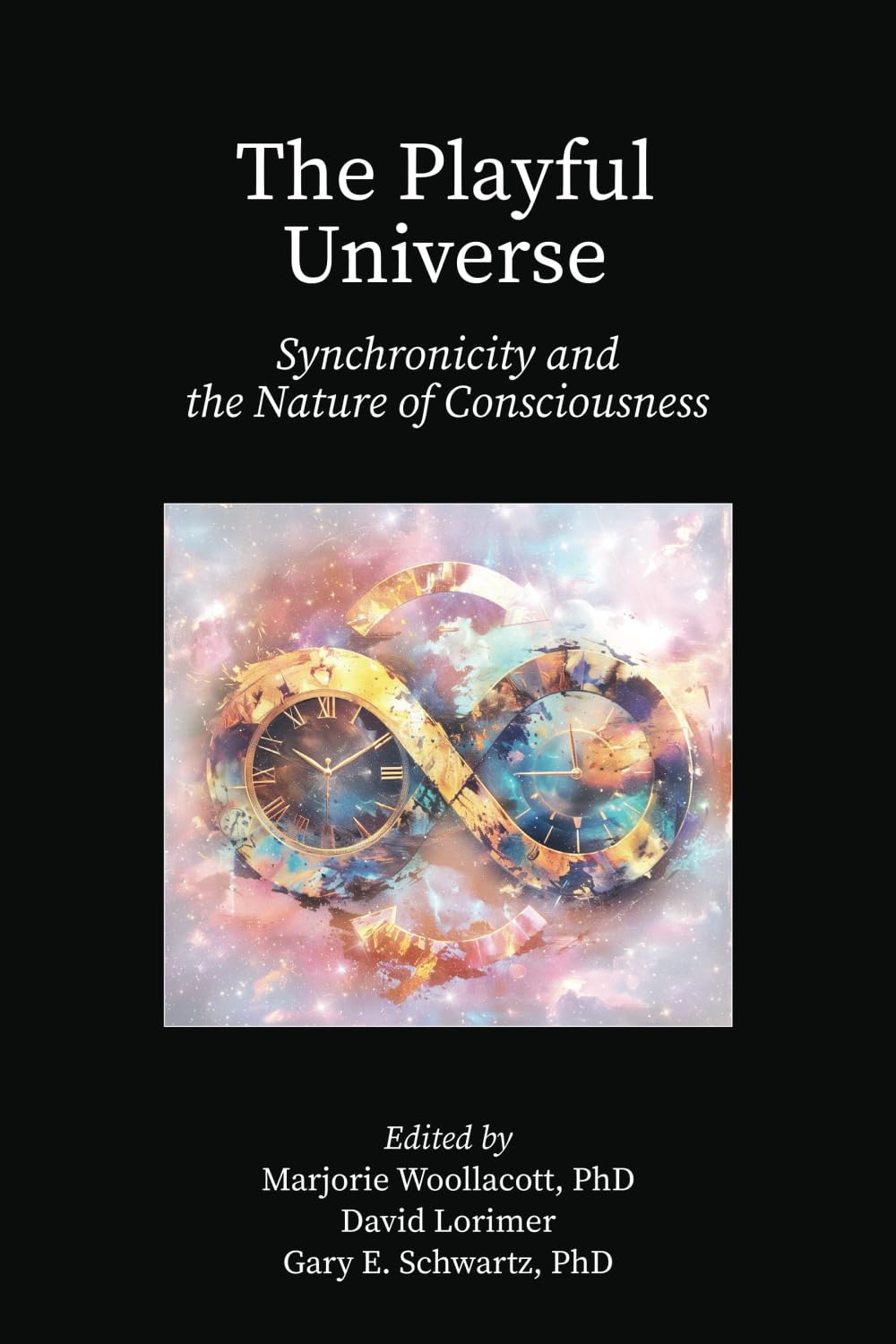
This volume consists of essays by scientists and academics describing their own experiences of synchronicity and how these experiences transformed both their worldview and the way they lived their lives. We truly believe that this is a fundamentally intelligent, benevolent, creative and playful universe in which we, as individual expressions of the one Universal Mind, co-create our reality.
Recent News
The Linda G. O’Bryant Noetic Sciences Research Prize
IONS has announced the establishment of the Linda G. O’Bryant Noetic Sciences Research Prize. This annual prize of $100,000 will be given to an individual or team whose research advances leading-edge science around consciousness, expanding our global reach.
Imaginal Inspirations with Jean Houston
David Lorimer's guest today is Jean Houston, Ph.D., a world-renowned scholar, futurist, award-winning author, and researcher in human capacities, social change, and systemic transformation. She is one of the principal founders of the Human Potential Movement and one of the foremost visionary thinkers and doers of our time.
Subquantum Principles of Life and Consciousness – Adrian Klein & Robert Boyd
Our present contribution to the consciousness-related dialogue currently running in the "Waking Times" periodical has been triggered by Brandon West's thrilling, recently published paper (Jan. 9, 2015), "The Nature of Mind and the Holographic Brain".
Special Issue of the International Journal for Transformative Research
his is a special issue of the International Journal for Transformative Research. This has been created as a result of a call sent out to members of the Galileo commission inviting submissions to the journal, considering ‘the implications of a postmaterialist worldview for education and the humanities’.
Imaginal Inspirations with Natasha Tassell-Matamua
David Lorimer's guest today is Natasha Tassell-Matamua PhD, Associate Professor in the School of Psychology at Massey University and Director of the Centre for Indigenous Psychologies in New Zealand. She is of Indigenous Māori, Cook Islands and European descent. Her research focusses primarily on near-death and other exceptional experiences of consciousness and their implications for humanity, as well as the interface between such experiences, spirituality and Indigenous knowledges.
Why do near-death experiences and psychedelics have a transformational effect? – Steve Taylor
Key points: 1) A new study has shown that both near-death experiences and psychedelics can have powerful transformational effects. 2) Both experiences brought a more positive, accepting attitude to death. 3) Although both experiences have different characteristics, they each take us beyond our normal limited awareness, and reveal a wider reality.
